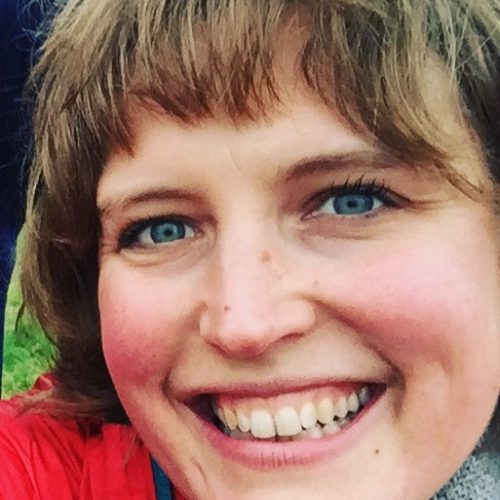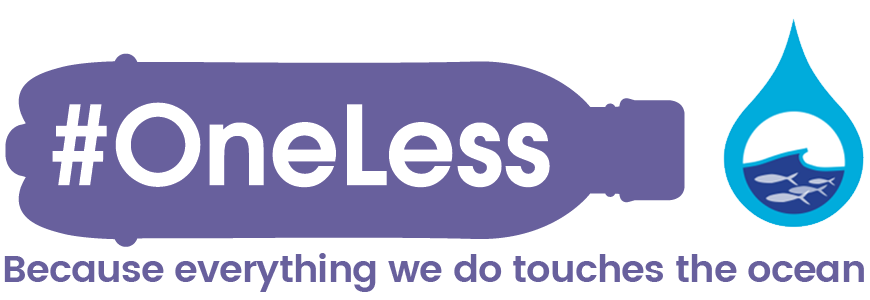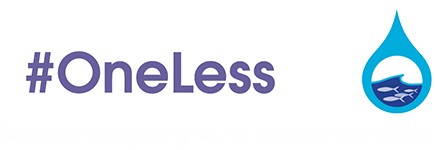Their ideas, which were on show at London Design Festival 2018, ranged from innovative new drinking water infrastructure solutions, through to striking campaign ideas designed to ignite a behavioural shift away from single-use plastic water bottles. The ideas aimed to help transport hubs, hotels, college campuses and pedestrian zones, as well as big events like open-air concerts and sporting events, go plastic bottled water free.

Over the summer of 2018, #OneLess tasked a group of designers and innovators with imagining how London can become free of plastic bottled water and embrace refilling instead. The creatives worked alongside innovation and plastic experts, responding to a set of challenges put forward by venues, retailers, events and places in London, which are struggling to go plastic-bottled water free.
The solutions
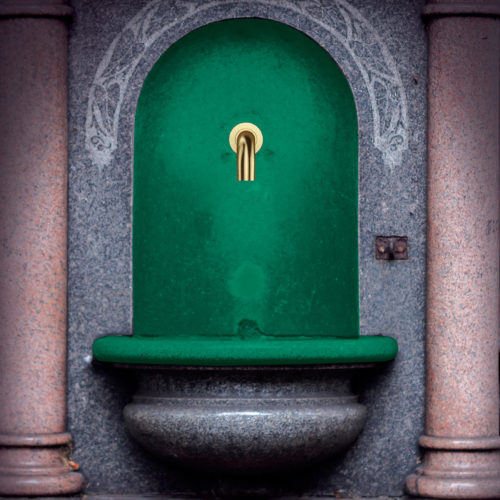
Increased use of publicly available drinking water will deliver substantial positive impact on the health of the ocean. Yet numerous technical, practical and psychological barriers make widespread adoption of a fountain culture challenging.
Using the emotional narrative of water and the ocean, we propose a joined-up digital and physical infrastructure solution for London - the ‘London wave’.
Our interventions consider the user experience, accessibility, community engagement, inclusivity, design and material. They utilise existing infrastructure, including decommissioned fountains, in conjunction with new, iconic fountains. They seek to break down cultural barriers and ensure fountain use becomes embedded in London’s culture.
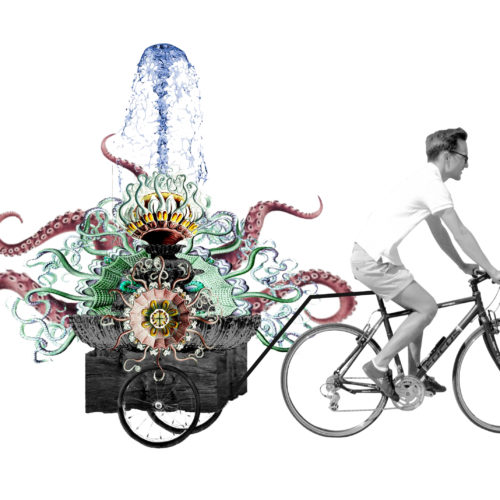
Water monsters are mobile drinking fountains designed for a range of urban venues and outdoor environments. They are an immediate and economical alternative to the installation of costly stationary fountains.
The monsters collect drinking water from existing fountains and taps, which they can later dispense to thirsty people on their route. For a small fee, the monsters offer a choice of flavours and herbs to add to the water. This serves both to replace the current revenue venues make from bottled water and to increase desirability for customers.
Beyond hydrating the capital, water monsters function as a living campaign to engage people, ease stigma around tap water and normalize refill culture.
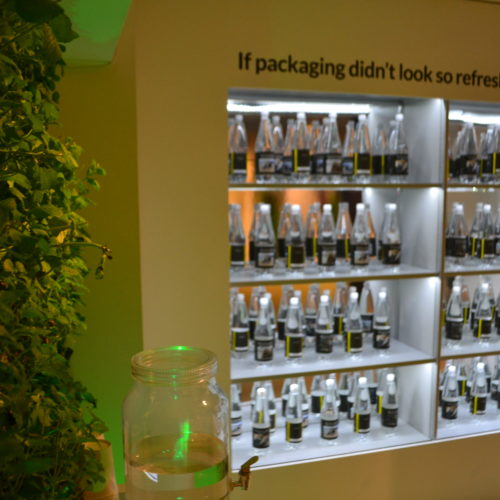
We live in a society where smokers are glared at on the street, while shoppers carry a bag for life to the stores. Yet those carrying plastic water bottles are perceived as ‘cool’ and trendy.
‘People’s plastic’ investigated what it would take to ignite a behavioural shift and make refilling the new social norm. Their investigation lay in understanding what it would take for individuals to not reach for plastic water bottles.
The interventions seek to enable consumers to become more conscious of their actions on the environment and subsequently make plastic water bottles socially unacceptable.
We ask, would you still reach for bottled water…?
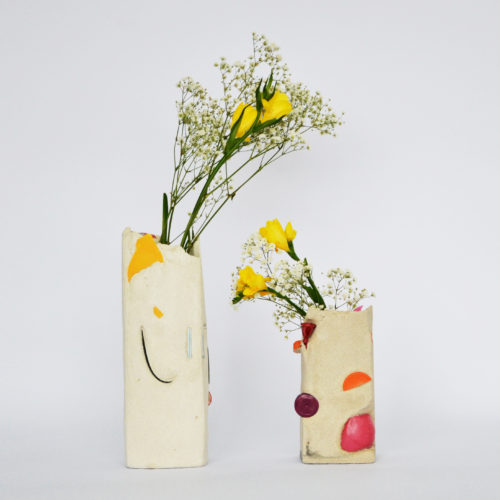
Not seeing and not experiencing the many steps involved in the production, dispatch, collection and recycling of single-use plastic bottles inevitably builds a wall of detachment and a dehumanising barrier from all these man-made processes.
‘A transparent revolution’ exhibited an array of small artefacts related to water, which focus the attention on the human factor from an individual perspective. With our objects we want to tell stories that might reduce the distance between the true reality and what we perceive of it; that through little interactions let the audience reflect over the issue of plastic consumption; and that rebuild already existing cultural narratives inspired by rituals related to water from a multicultural perspective.
Everyone has to recognise and acknowledge the importance of personal social impact and responsibility so that together we can take care of where we live through ethical choices. An insensitive action towards the environment, is also a crime against ourselves.
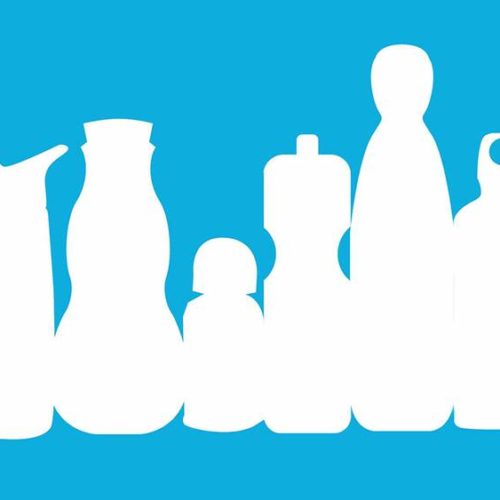
Bottled water culture has been quietly etched into our consumer conscience over the past few decades, and with a population approaching 9 million, it's going to be a real challenge for a city the size of London to change its collective behaviour.
#HowDoYouDrinkYours is a public awareness and engagement campaign. It champions the eclectic, personal and aspirational culture of refilling, over the homogenous and ugly truth of single-use. By crowd-sourcing content, it has the potential to catalyse a new social norm, relegating disposable bottles as undesirable and almost anti-social, perhaps like smoking or binge drinking.
The #OneLess design fellowship journey

The #OneLess Design Fellows visit Lord’s Cricket Ground during the summer school to learn how they eradicated single-use plastic water bottles.
The designers were mentored, coached and inspired by design, innovation and plastic experts.
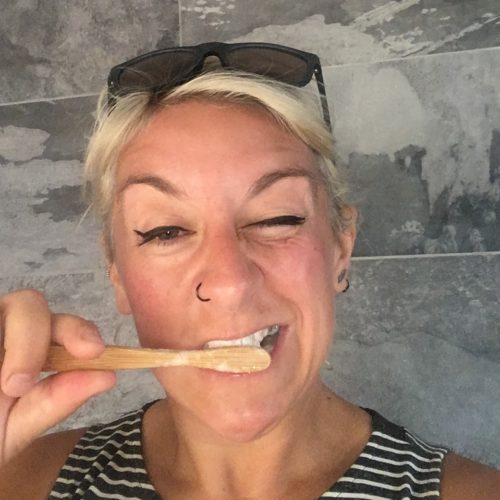
Claire is also a volunteer Regional Rep for Surfers Against Sewage in Brighton and the studio are also members of the Global Ghost Gear Initiative – a global cross sectoral organisation working collaboratively to tackle the issues of waste fishing gear.
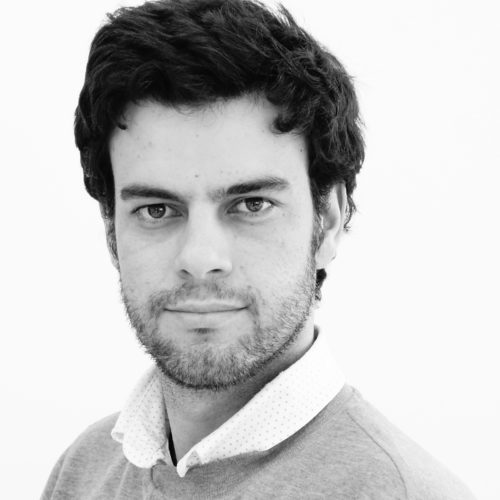
Rodrigo received his architectural from the ETSAM, Technical University of Madrid, previously he studied at Centre for Environmental Planning and Technology University (India) and Industrial Design at Pontificia Universidad Católica (Chile). He did postgraduates studies at Umeå Institute of Design, Imperial College of London and Royal College of Art. His works have been shown in different artistic centres such as the Cite de l'Architecture of Paris and the Venice Biennale of Architecture. As a senior lecturer, he has collaborated with different universities and institutions as Cornell University, CEPT, Imperial College, Royal College of Art or Kingston University.
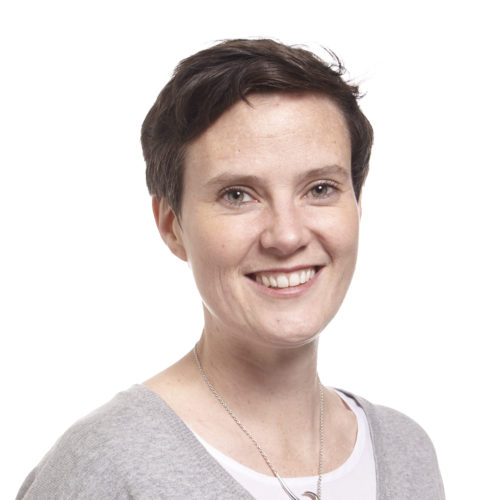
Outside of work, Abby is Director of Volunteering for Pride in London, where she has volunteered for over five years across various roles including Chair of the Community Advisory Board and Head of Team Pride. She is responsible for the recruitment, training, deployment and wellbeing of over 1000 volunteers on the day of the Pride parade, as well as the year-round core team of 150 who make Pride happen.
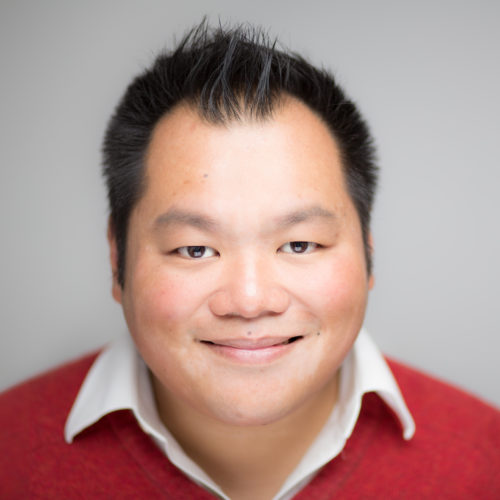
Jon also currently serves on the trustee board of UK environmental charity, Surfers Against Sewage.
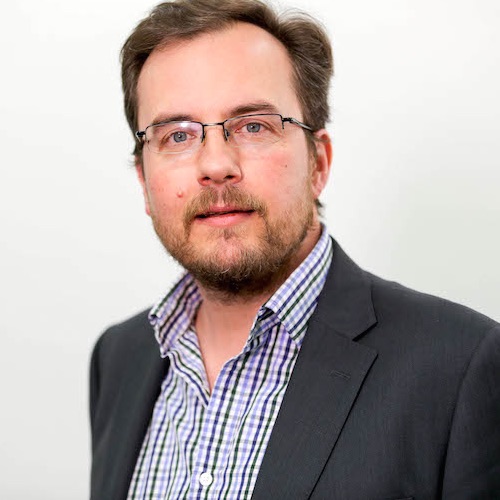
He has a particular focus on resource efficiency, circular economy and sustainability - embedding these themes across Innovate UK strategy and competitions, helping innovators consider the wider environmental and societal drivers of their markets and supporting UK businesses in exploring new manufacturing methods and business models.
Nick’s background in resource efficiency and circular economy was gained across 15 years in industry, he worked for Closed Loop Recycling, a large plastic bottle recycling business based in Dagenham, East London, where he managed various projects, including a project to create the first commercial plastic bottle made from recovered marine plastic waste. Nick also worked for a spin-off consultancy business, Closed Loop Environmental Solutions, managing projects such as launching a range of on-site food composting machines in the UK and a large waste auditing program for Heathrow Airport and various airlines to develop recycling options for both terminal and cabin waste.
Prior to Closed Loop he worked at: Green-Works, a Queen’s Award winning social enterprise that recycled large volumes of office furniture across multiple UK sites; the Forest Stewardship Council, a world-wide timber and forest product certification scheme; Storebrand Investments, a leading socially responsible investment fund manager.
Nick has a bachelor’s degree in Biochemistry from Imperial College and a master’s degree in Oceanography from Southampton University. When not working he spends his time learning how to make things, especially from wood, and is an active member of the Makerspace community in London.
